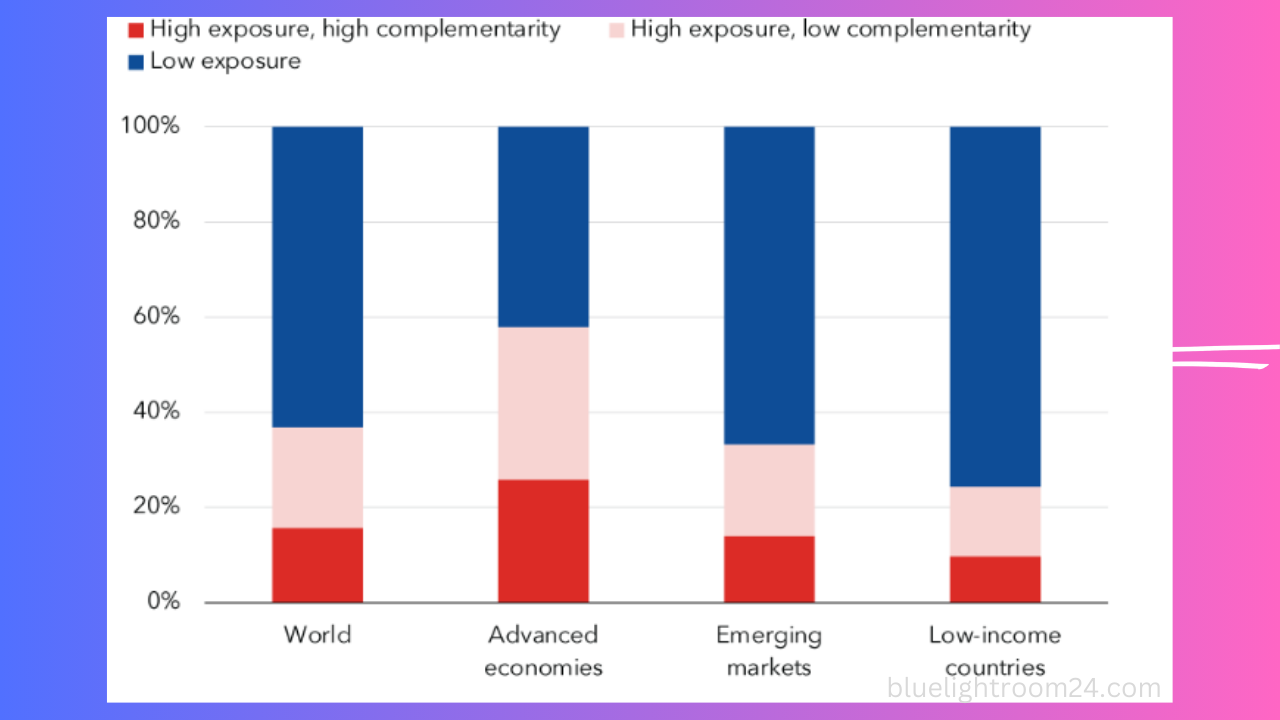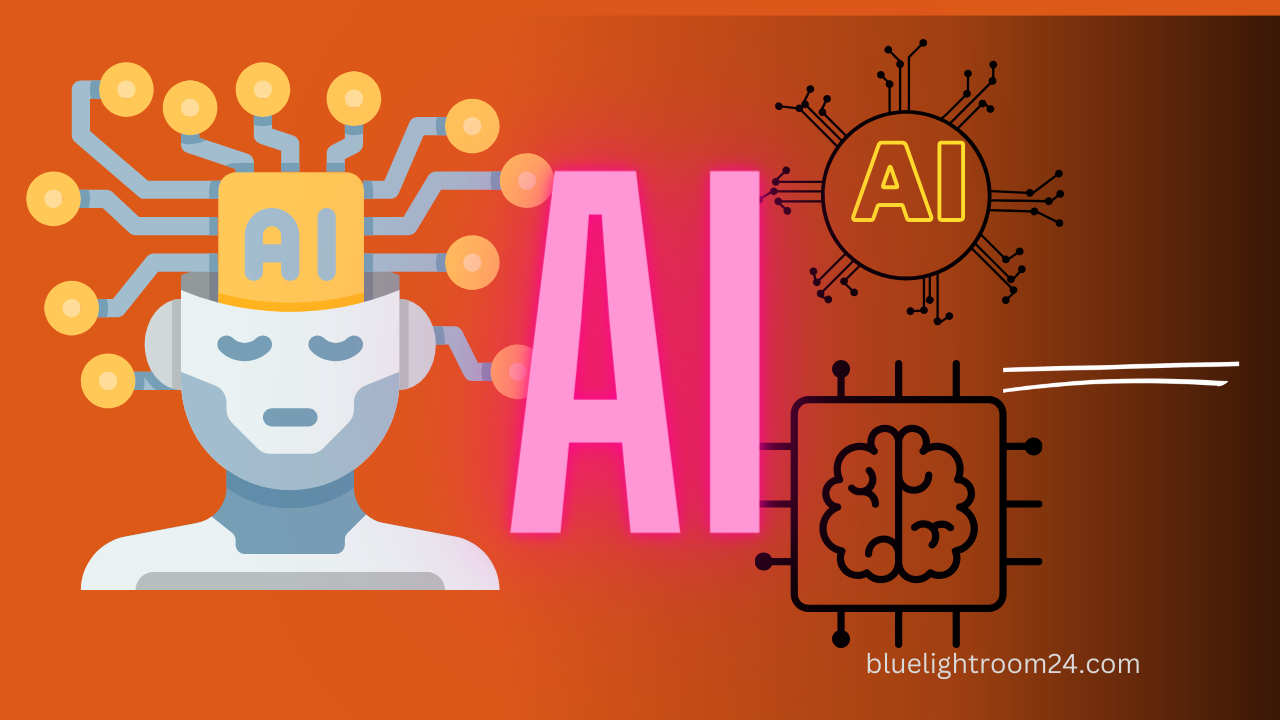In a blog post on Sunday, IMF chief Kristalina Georgieva expressed concerns about the possible worsening of inequality and asked nations to take aggressive actions.
Hong-Kong The International Monetary Fund (IMF) has issued a severe warning, indicating that the proliferation of artificial intelligence (AI) might disrupt roughly 40% of occupations worldwide, signaling a seismic shift in the global employment landscape.
In a blog post on Sunday, IMF chief Kristalina Georgieva expressed concerns about the possible worsening of inequality and asked nations to take aggressive actions. Before the World Economic Forum (WEF) annual conference in Davos, Switzerland, Georgieva said, “In most scenarios, AI will likely worsen overall inequality, a troubling trend that policymakers must proactively address to stop technology from escalating societal unrest.”
The ski resort town of Davos was festooned with AI branding and advertisements as the renowned conference got underway on Monday, setting the stage for talks that are anticipated to center on the impact of AI on the workforce.
Georgieva pointed out that adoption of AI is expected to have mixed results. For around half of the workforce, it could improve productivity and job functions, but for the other half, it could result in job displacement, lower salaries, and fewer hiring opportunities.
employment shares based on complementarity and exposure to AI

Citing the IMF’s study, Georgieva cautioned that “in the most extreme cases, some of these jobs may disappear.” According to CNN, advanced economies—especially those in more developed regions—are expected to be hardest hit. Up to 60% of occupations may be affected by AI.
Nonetheless, developing economies and low-income countries are not exempt, with an estimated impact on 40% and 26% of jobs, respectively. Georgieva emphasized that the lack of infrastructure and trained labor to fully utilize AI’s advantages could exacerbate inequality in these areas.
Beyond the implications for the economy, Georgieva emphasized how AI might exacerbate social discontent, especially when younger, tech-savvy workers adopt the technology in hopes of increasing productivity and possibly leaving their more senior counterparts unable to adjust.
With speakers from Microsoft CEO Satya Nadella and ChatGPT manufacturer OpenAI’s CEO Sam Altman scheduled to talk in Davos, artificial intelligence has emerged as a major focus for the conference. A discussion titled “Generative AI: Steam Engine of the Fourth Industrial Revolution?” is featured in the program, and it reflects the
increasing impact of AI on how work will be done in the future.
Notwithstanding these obstacles, proponents of AI contend that widespread adoption might result in a notable increase in labor productivity, with estimates from Goldman Sachs economists for March 2023 suggesting that the world GDP could rise by 7% annually over a ten-year period.
In her blog post, Georgieva also mentioned chances to enhance output and incomes around the world with the use of AI.
She wrote, “AI will transform the global economy.” CNN stated, “Let’s make sure it benefits humanity.”

[…] ALSO READ ABOUT:Artificial Intelligence might disrupt over 40 percent of jobs worldwide: IMF […]